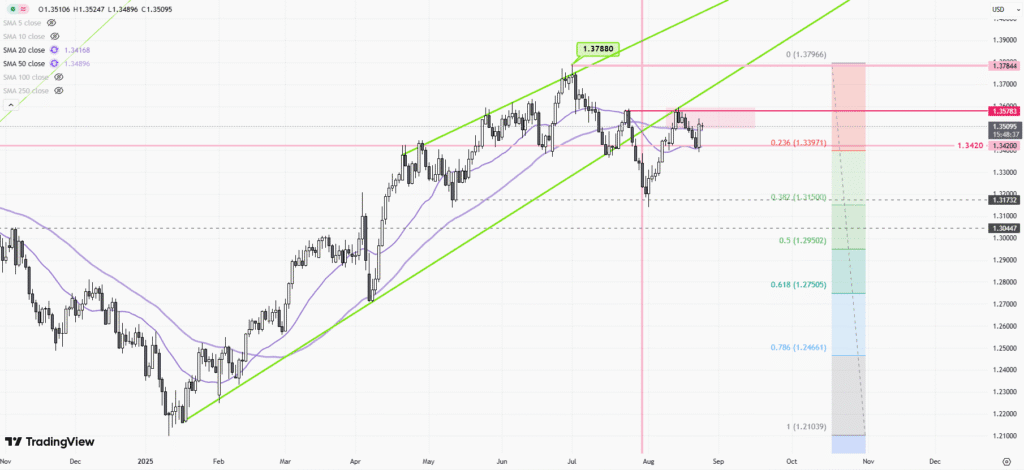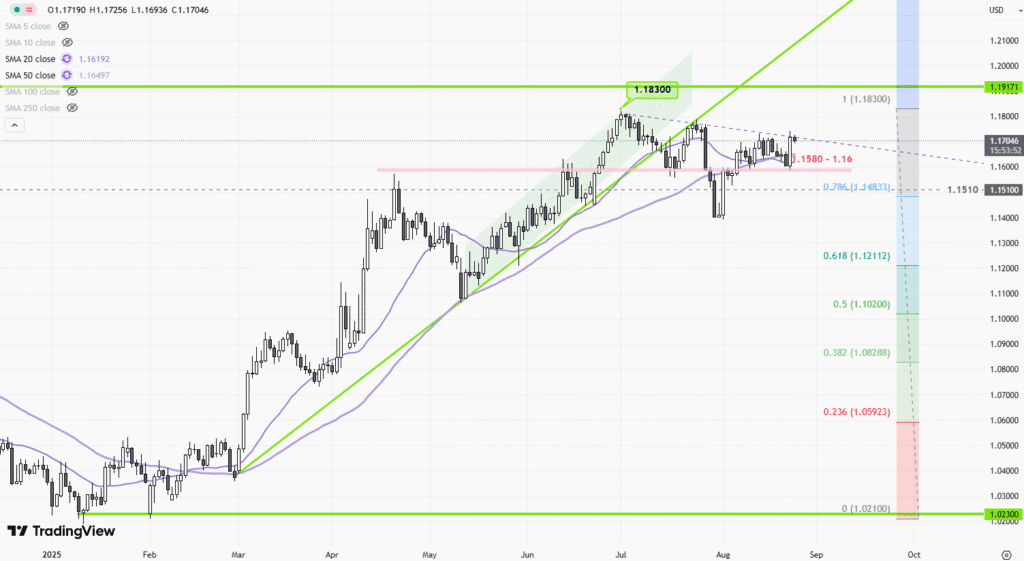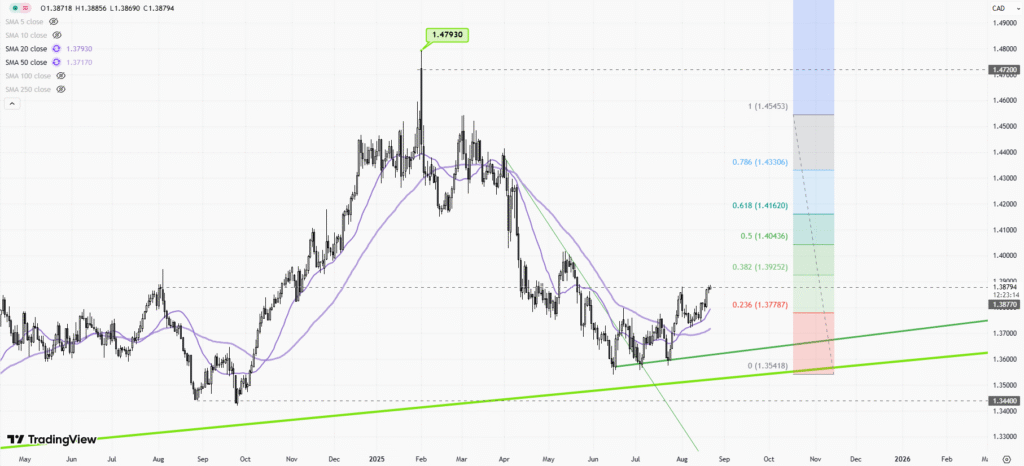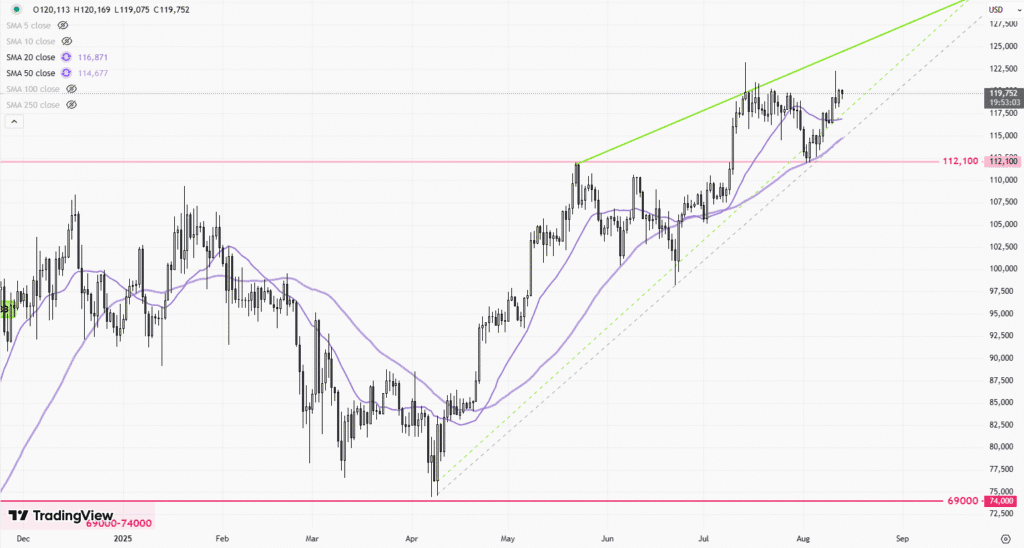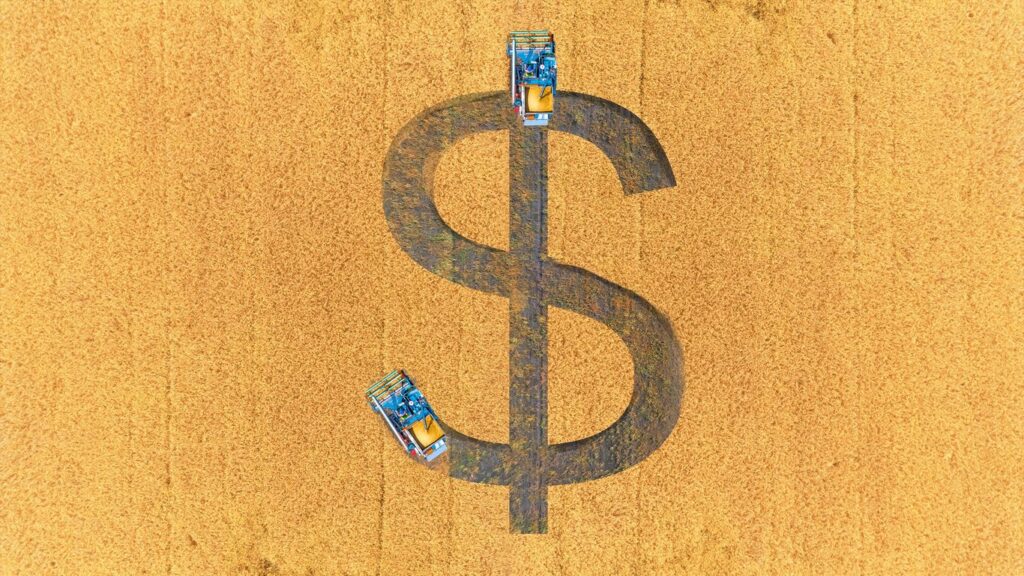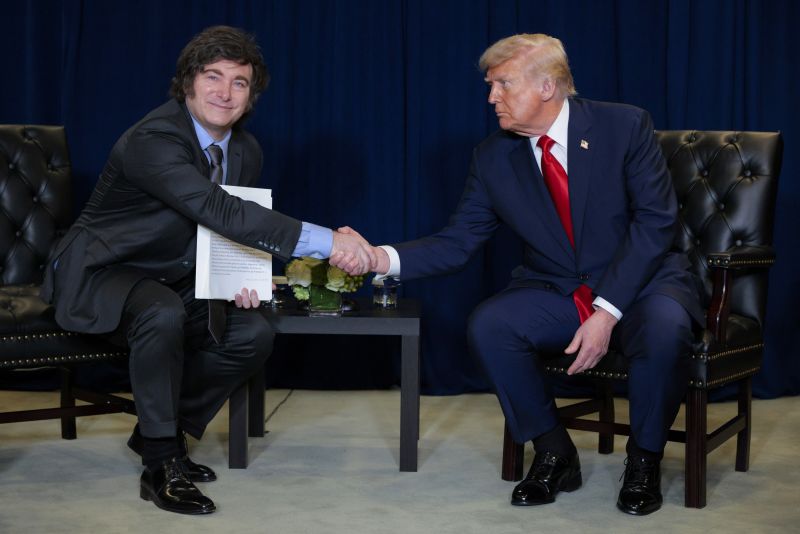 |
| Gold V.1.3.1 signal Telegram Channel (English) |
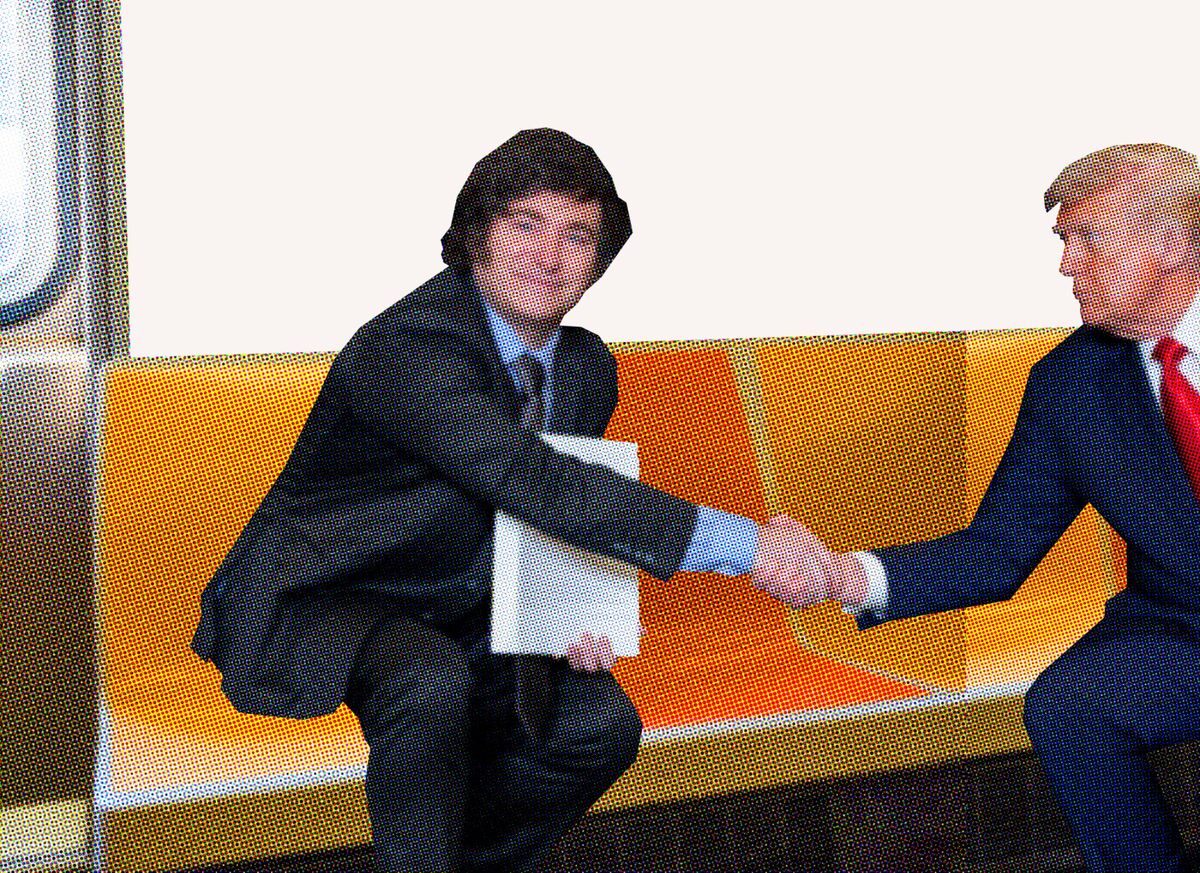
Javier Milei’s Chainsaw Revolution: How Radical Cuts Reshaped Argentina’s Economy and Society
2025-09-26 @ 22:01
Javier Milei stormed Argentine politics on a wave of anti-establishment energy, brandishing a chainsaw at campaign rallies as a symbol of his uncompromising promise to slash through the so-called parasitic state. Tapping into public frustration over years of economic crisis, spiraling inflation, and stagnant leadership, he positioned himself as the radical alternative the nation needed to break free from decades of dysfunction.
A Meteoric Political Ascent
Milei’s rise was anything but conventional. Once a talk-show host and volatile TV personality, he leveraged his bombastic style and viral media appeal to capture the attention of a population weary of mainstream politicians. His campaign’s theatrical use of the chainsaw was more than a gimmick—it encapsulated his intent to tear down Argentina’s bloated bureaucracy and overhaul the country’s economy with brutal speed. His coalition, La Libertad Avanza, surged in popularity, ultimately propelling him from outsider punditry to the presidency.
The “Chainsaw” Agenda in Practice
Upon taking office, Milei acted swiftly and decisively on his promises. Within his first months, he launched sweeping cuts:
– Public spending slashed by approximately 30%
– Nearly half the ministries were shut down
– Public sector workforce cut by tens of thousands
– Hundreds of regulations and decrees repealed
– Public works budgets reduced to minimal levels
Milei also achieved a budget surplus—Argentina’s first since 2012—within just a month of his tenure, a feat that stunned even seasoned observers. These bold moves, paired with strict monetary policy, brought inflation down dramatically from a staggering 25% per month to just 2.2% at the start of 2025.
Deeper Reforms and Ideological Influences
Milei’s government went beyond mere spending cuts. He promoted radical libertarian reforms: moving economic activities into the private sector wherever possible and espousing a minimal state. His administration was populated with political newcomers often brought in without traditional appointments, reflecting his strident anti-caste rhetoric against the old political guard.
Internationally, Milei trumpeted his alliances, finding high-profile supporters among tech and business leaders globally. His policies were watched closely for their potential as a blueprint for libertarian transformation elsewhere, while figures like Elon Musk openly praised his radical “chainsaw economics.”
Societal Costs and Backlash
But the impact of these rapid, far-reaching changes was acutely felt across Argentine society. The abrupt withdrawal of state support led to a period of mounting hardship for many:
– Poverty, which had fallen below 40% after initial economic stabilization, surged to over 50% during the most painful period of adjustment.
– State funding for universities, social programs, and public works was drastically reduced, impacting education and infrastructure.
– Unemployment rose as tens of thousands lost public sector roles and state-supported projects ground to a halt.
For many, the rapid economic recalibration outpaced the ability of businesses and communities to adapt, deepening short-term pain and spurring persistent street protests. Traditional forms of resistance, like the cacerolazo—the banging of pots and pans—returned to the streets after decades, echoing the country’s recurring cycles of financial and social turmoil.
Political Resistance and Concerns Over Authoritarianism
Milei’s assertive approach extended to governance style. To implement his agenda, he relied on broad executive orders, including a controversial megadecreto that bypassed Congress for sweeping reforms. Critics warned of a creeping authoritarianism, fueled by Milei’s crackdown on dissent and empowering of federal surveillance against political opposition.
His appointments, such as the selection of a vice president linked to Argentina’s dictatorial past, and rhetoric that glorified periods of military rule, deepened anxieties about the trajectory of Argentine democracy. Press freedom also suffered, with public media undermined and journalists facing new stigmatization.
Economic Indicators and Lingering Questions
Despite the turmoil, some economic data gave Milei and his supporters cause for optimism. After initial volatility, growth returned in late 2024. Wage increases began to outpace inflation, and by 2025, signs of recovery appeared, with poverty dipping below pre-crisis levels.
Yet, the price was steep: growing inequality, frayed social cohesion, and a polity deeply divided over whether drastic medicine was delivering a cure or inflicting new wounds. Critics questioned the sustainability of Milei’s shock therapy, warning that while Argentina’s fiscal house was in better order, the social fabric was badly frayed.
A Precarious Turning Point
Milei’s “chainsaw” revolution stands as one of the most audacious economic experiments in recent memory. Whether it will be remembered as a necessary reckoning or a cautionary tale about the limits of radical reform remains to be seen. What is certain is that Argentina’s experiment is being watched worldwide as both a beacon of possibility and a warning about the unpredictable consequences of upending the political and economic status quo.


